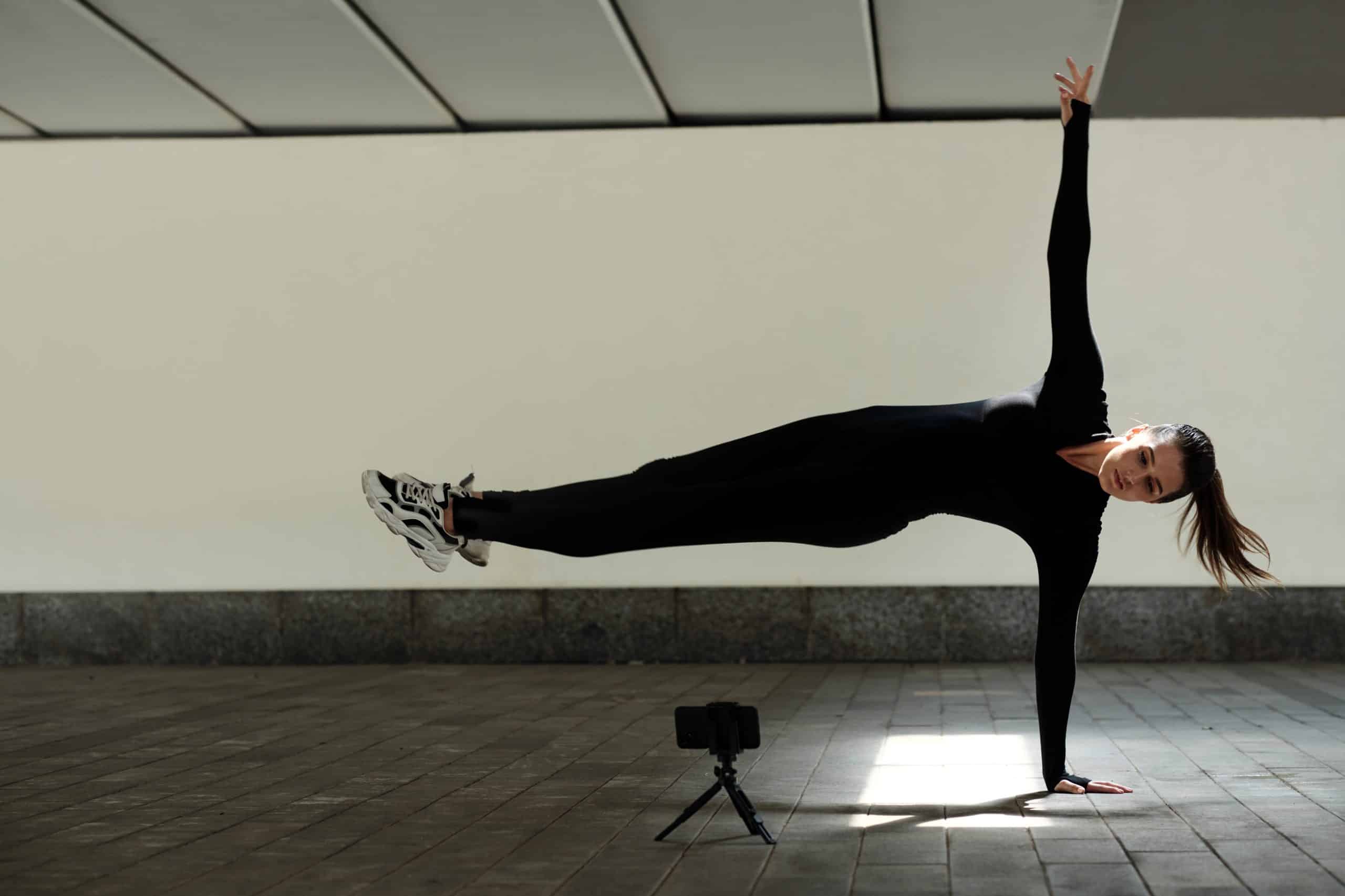What’s the Role of Sports Psychology in Overcoming Plateaus in Powerlifting?

It’s a common scenario: a powerlifter, for weeks, has been stuck at the same weight, unable to add even a single pound to their lifts. It’s a frustrating situation, the dreaded plateau where progress seems to grind to a halt, despite the intensity of their training and their dedication to their sport. One area that is often overlooked in such situations is the mental aspect of sports, specifically sports psychology. This article will delve into how sports psychology plays a critical role in overcoming training plateaus in powerlifting.
Understanding the Mental Aspect of Powerlifting
Powerlifting, like many other sports, demands not only physical strength but also an incredible amount of mental resilience. The mental aspect of powerlifting is often as important as the physical training. Any seasoned powerlifter will tell you that pushing your body to its limits requires a certain level of mental toughness. Lifting heavy weights is as much about psychological strength as it is about muscle strength.
En parallèle : How to Develop a High-Altitude Training Program for Mountaineering Expeditions?
The mental game starts even before you step into the gym. It involves setting realistic goals, maintaining a positive mindset, overcoming fears and anxieties, and staying consistent in your training. All these elements contribute to an athlete’s performance and their ability to break through plateaus.
Role of Sports Psychology in Powerlifting
Sports psychology is a branch of psychology that focuses on how psychological factors affect performance in sports. It addresses the mental aspects of sports, including goal setting, focus, motivation, and dealing with pressure. In the realm of powerlifting, sports psychology can play a significant role in helping athletes overcome plateaus and accomplish their objectives.
A découvrir également : How to Maximize Nutrient Uptake in Vegetarian Endurance Cyclists?
In powerlifting, a plateau often occurs when an athlete stops seeing progress despite continuing with their regular training regimen. This can lead to frustration, decreased motivation, and in some cases, can lead the athlete to question their capability. A sports psychologist can help an athlete break through these plateaus by providing strategies and techniques that improve mental toughness, boost motivation, and help the athlete remain focused on their goals.
Exercises to Improve Mental Strength
Sport psychology offers several mental exercises that can help powerlifters enhance their mental strength, thereby improving their performance. These exercises, when combined with physical training, can make a significant impact on an athlete’s ability to overcome plateaus.
One such exercise is visualization. By visualizing their performance, athletes can mentally rehearse their actions, which can help them perform better during actual training or competitions. Visualization also aids in goal setting, making it easier for athletes to stay focused and motivated.
Another essential mental exercise is mindfulness, which involves staying fully present and focused on the task at hand. For powerlifters, this could mean focusing entirely on their form, their breathing, or the weight they’re lifting, helping them to avoid distractions and perform at their best.
Another effective technique is positive self-talk. This involves replacing negative thoughts with positive ones, boosting an athlete’s confidence and helping them stay motivated.
The Impact of Healthy Lifestyle on Mental Fitness
Besides mental exercises, maintaining a healthy lifestyle can also contribute significantly to an athlete’s mental fitness. Adequate sleep, a balanced diet, and regular exercise can help maintain an optimal level of mental health, which in turn can improve an athlete’s performance and help them overcome plateaus.
Sleep is particularly crucial as it not only helps the body recover from intense workouts but also regenerates the mind. A well-rested mind is more focused, more resilient, and better equipped to handle the stress and pressure associated with powerlifting.
Similarly, a balanced diet contributes to mental health by providing the necessary nutrients for brain function. High-quality proteins, complex carbohydrates, and healthy fats all play essential roles in maintaining mental fitness.
Furthermore, regular cardio exercises, such as running or cycling, can boost brain function and improve mental health. They stimulate the release of endorphins, the feel-good hormones, which improve mood and help athletes stay motivated and focused.
Conclusion: Powerlifting and Beyond
In powerlifting, as in other sports, overcoming plateaus requires more than just physical strength and training. It requires mental strength and resilience, which can be developed with the help of sports psychology. Through mental exercises, a healthy lifestyle, and the guidance of a sports psychologist, powerlifters can break through plateaus and reach new heights in their performance.
Practical Techniques for Overcoming Mental Blocks
In order to overcome the mental blocks that may be preventing further progress, it is essential to employ practical techniques. One of the main obstacles in powerlifting is the psychological barrier that comes with the fear of failure. This fear can limit an athlete’s performance and hinder them from reaching their true potential.
The first step to overcoming these mental blocks is to acknowledge their existence. Many athletes, in their pursuit of peak performance, often ignore or deny any mental barriers, which can exacerbate the issue. Acknowledging these barriers is essential as it forms the foundation for effective mental conditioning.
One effective technique is the practice of mental rehearsal, an evidence-based strategy utilized by elite athletes across various sports. This involves visualizing the desired outcome, whether it’s achieving a new personal best in the bench press, or completing a high-intensity training session without any setbacks. By mentally rehearsing these scenarios, athletes can build confidence and increase their mental toughness, subsequently improving their athletic performance.
Furthermore, goal setting is a critical tool for overcoming mental blocks. Setting small, achievable goals can provide a sense of progression and motivation, even when progress seems to be stagnating. It’s essential to strike a balance between setting challenging goals to push oneself and realistic goals to avoid frustration and disappointment.
The Role of a Structured Training Program
A structured training program, incorporating both strength training and mental skills, can significantly enhance an athlete’s ability to overcome plateaus. Resistance training, sets, reps, and rest intervals are all essential components of a powerlifting training program. However, it’s also crucial to include mental conditioning exercises into the program for a holistic approach.
For instance, training sessions can include mindfulness techniques to help athletes stay present and focused during their lifts. Athletes can also be encouraged to incorporate positive self-talk into their routines, reinforcing their self-belief and boosting their confidence.
By including these mental exercises into their training regimen, powerlifters can not only improve their physical strength but also their mental toughness. A structured training program enables athletes to maintain long-term consistency in their training, another critical aspect in overcoming plateaus.
Conclusion: Powerlifting – A Test of Mind and Body
Powerlifting is a sport that challenges both the mind and body. Overcoming plateaus is not just about increasing physical strength through exercise training, but also about strengthening the mind through sports psychology. The role of mental toughness, mental health, and mental conditioning cannot be understated in this physically demanding sport.
Mental barriers can often be harder to overcome than physical ones. Still, with the right strategies – such as mental rehearsal, goal setting, and a structured training program integrating mental exercises – powerlifters can hurdle these barriers and reach new levels of performance.
In the long run, the lessons learned in overcoming plateaus in powerlifting can even be applied in the daily life outside of the gym, reinforcing the interplay between physical and mental strength. Therefore, powerlifting is more than just a sport; it’s a testament to the resilience of the human spirit and the power of the mind.
